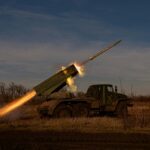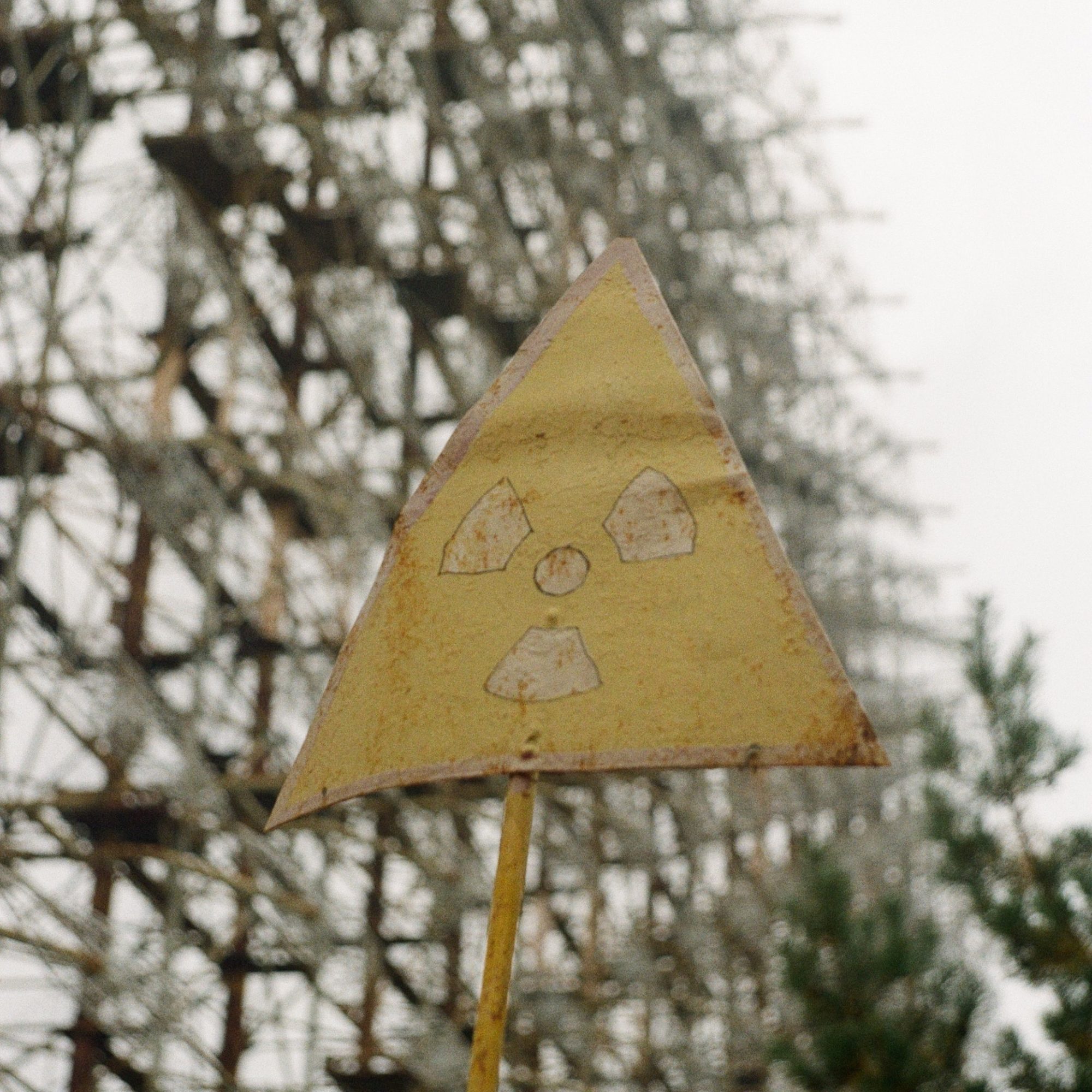Editor’s Note: In the wake of a historic second impeachment, we’ve been thinking a lot about broader presidential authorities. This piece is the first of two that examine the president’s authority to use nuclear weapons. The second is here.
While the entirety of the Trump presidency has seen calls for limits on presidential sole authority with respect to nuclear weapons employment, the days following the January 6 Capitol riot have seen the issue raised to a fever pitch, in particular after the specific revelation that Speaker Pelosi raised the issue with General Milley, Chairman of the Joint Chiefs of Staff.
While some caveats were provided deep within the subtext of recent media discussion of the issue, the resulting headlines were clear and alarming: that “there is no legal way” to stop the President from launching a nuclear strike, that the President has “sole, unfettered authority to order the use of nuclear weapons,” and that no one can do much about it if he chooses to “blow up the world.” While reasonable people can, and do, disagree on whether current policy — under which the president does have sole authority to order the use of nuclear weapons — is best for controlling them, the idea that presidents are able to use nuclear weapons in any way they personally desire is not correct. As is often the case with any topic worthy of controversy, the truth is more complicated. And compared to the long list of things to truly be worried about in a time of turmoil and threats to democracy, in my assessment the associated risk is relatively low.
If one were to work largely from the perceptions of former nuclear operators, a black-and-white impression on this topic might indeed result. I’ll be the first to admit that, at the point of my career that I walked off of my first ballistic missile submarine, I might have believed similarly. I knew that nuclear orders received were nuclear orders executed, and that they came from the president. I had little knowledge of how targets were selected, how strikes were planned, or how decisions were made whether to execute them. Considerations of legality did not get much consideration, as any valid and authentic order coming via the nation’s nuclear command and control system was assumed to be legal. This is, of course, as it must be if we want to ensure safe, secure, and effective nuclear forces. Sailors aboard submarines, missileers sitting in silos, and aircrew onboard bombers are not equipped with the real-time information to decide questions such as legality, nor do we want them to try to do so. Their attention is and should be fully absorbed in having the ability to execute orders exactly as directed, and only when directed, and to keep the nuclear weapons entrusted to them completely safe and secure. These duties require extremes of exactitude which are enough to ask of any servicemember.
Military officers, while not robots, are inculcated to obey orders unless they have a clear reason not to; the system of civilian control of the military allows for and demands military disobedience of illegal orders, not the prevention of the actualization of bad ideas.
Later in my career, when I went to work in the Pentagon as the officer on the Joint Staff responsible for nuclear strike planning and execution, I was reminded, due to the nature of my duties, that the Law of Armed Conflict (LOAC) applies to nuclear weapons employment just as it does any other type of warfare. This is clearly stated in the Defense Department’s Law of War Manual, which says, “The law of war governs the use of nuclear weapons, just as it governs the use of conventional weapons… nuclear weapons must be directed against military objectives. In addition, attacks using nuclear weapons must not be conducted when the expected incidental harm to civilians is excessive compared to the military advantage expected to be gained.” These requirements — that military action be proportionate, be militarily necessary, ensure distinction, and avoid unnecessary suffering — are legally binding to all servicemembers. In the nuclear world these questions would be largely operative at the national-level decision making process, and largely invisible to operators in the field.
What this means in terms of real-world execution is that the President is not, in fact, unfettered in his power to use nuclear weapons: that there are limits. No less than a former STRATCOM commander has said as much. For example, if the current president contacted the National Military Command Center and said he wanted to “nuke Tehran,” under the current geo-political circumstances the likelihood of that actually happening would be infinitesimally small; it would clearly be uncalled-for and in violation of the LOAC.
Some observers have gotten wrapped up in the idea that there are pre-planned nuclear strike options that may have been reviewed for legal considerations; that if a president selected any such option the officers involved would just say, “Well, I guess Legal took a look at it,” and dutifully send out the appropriate execution messages. This is simply not the case, as the employment of those options would assume that conditions exist that warrant their execution; again, would striking a selected nuclear target, whether the option was pre-planned or not, meet the requirements of military necessity, avoiding unnecessary suffering, etc.? If not, then trained civilian advisers and military officers would push back, or work to find a solution that does meet LOAC requirements as well as a President’s legitimate intentions (which would not include just “nuking cities,” or acting without reason due to insanity).
To be clear, were the United States embroiled in a serious and ongoing conflict where things were a bit murkier, pushback on nuclear weapons employment from the military on LOAC grounds would be less likely. Military officers, while not robots, are inculcated to obey orders unless they have a clear reason not to; the system of civilian control of the military allows for and demands military disobedience of illegal orders, not the prevention of the actualization of bad ideas. To desire otherwise is to start down a road that would likely have a very dark end, especially when related to existential issues such as the use of nuclear weapons. The current system also doesn’t absolutely preclude the possibility of an unlikely scenario where a President somehow pigeon-holes a relatively junior officer (say, a stand-in Colonel or Navy Captain) who lacks the required fortitude to call for more senior help, and also to say no when the situation warrants it. But my assessment is that, in terms of things to worry about at this moment, we have bigger fish to fry.
None of this commentary addresses the wisdom of sole presidential nuclear authority, or whether the current President should retain it until January 20th, etc. Those are larger questions probably worth discussing in the light of recent events, but that are beyond that of whether the current President has “unlimited, unfettered” authority over the use of nuclear weapons, which he does not.
Thomas Shugart is a former US Navy submarine officer and an Adjunct Senior Fellow at the Center for a New American Security. You can follow him on Twitter @tshugart3.














